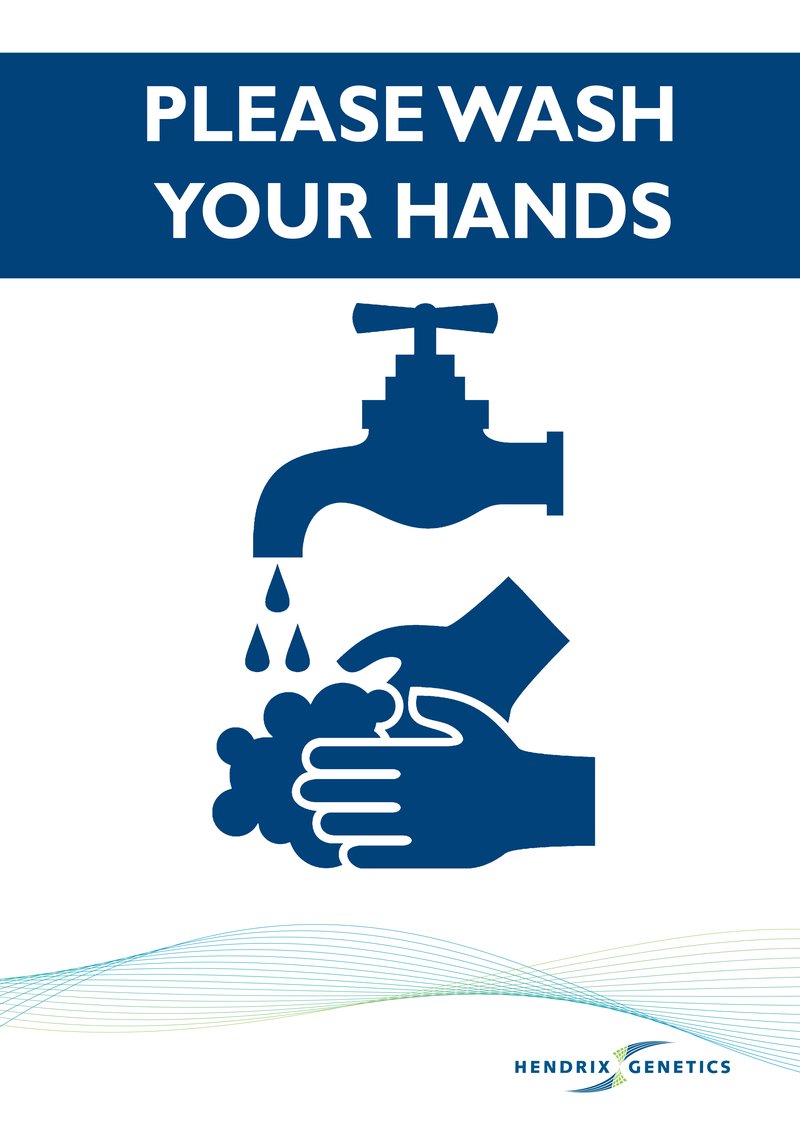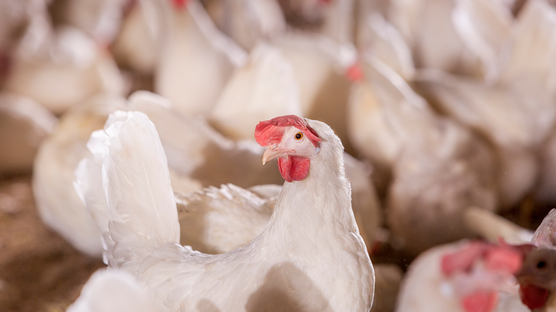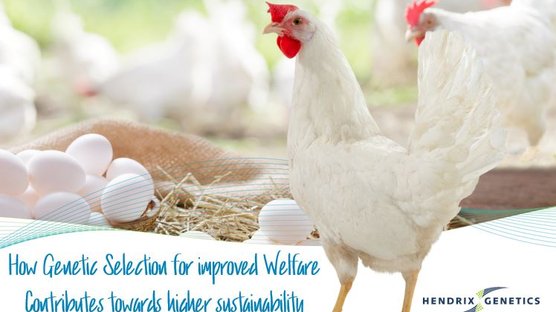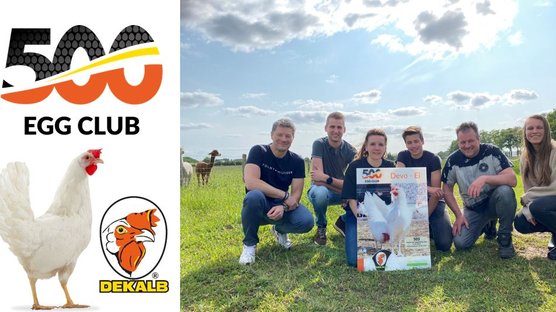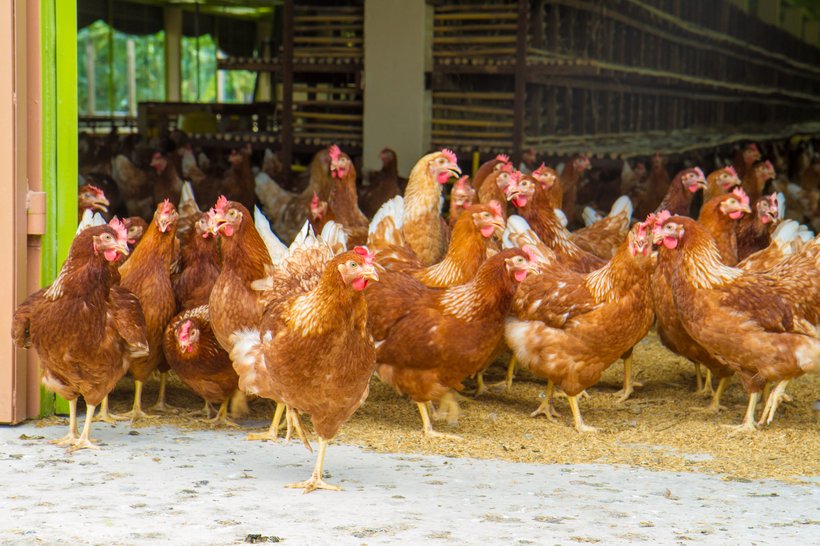
Published on Nov. 16, 2020
Biosecurity has never been so important as now
As the world is fighting against an invisible enemy (COVID-19), we realize even better that the poultry sector is doing this all the time. Now we are so focused on Covid-19 we should not forget the biosecurity on our farms. Poultry diseases are not on hold because of the current global pandemic. Egg producers go to battle every day against invisible enemies that threaten our industry and livelihoods. From Newcastle disease virus (NDV) to Fowlpox, the impact of these diseases has proven themselves to be devastating to your business. Now is the time to bring biosecurity to the next level in your farms and operations.
It is challenging to prevent the entry of something you are not able to smell, see, hear, taste or have the tools to measure that shows it presence. It only becomes visible when it is already too late, e.g. clinical signs and increased mortality. In order to prevent diseases to reach your birds, a biosecurity plan should be in place. In this article we offer a few practical biosecurity measures that have proven themselves to be effective. Biosecurity, by simple definition, is a means to prevent the spread of pathogens from one place to another. Always keep in mind, in order to implement biosecurity measures successfully they need to be clear, simple and understandable for both your staff and visitors. And don’t forget that biosecurity is a mindset, only together you can bring your biosecurity to the next level. Make sure you take the time to explain to your employees and visitors why you have your biosecurity measures in place. It is the desire and determination to do the right thing to protect your birds and operation/investment, and thereby the income of your staff. Below we have listed a few extremely effective, and affordable measures that will help you to protect your flock.
- Create and respect a clear clean/dirty line: make sure you demarcate the area around your operations so it is clear what is the “inside” of the farm (clean area), versus the “outside” of the farm (dirty area).
- Wash and disinfect your hands: often overlooked, but this is probably the cheapest measure you should introduce to lower the risk of contamination. Whether you are coming from the outside or the inside, wash your hands thoroughly with soap and water before entering the premises, moving to another poultry house or facility of the farm. The golden rule: wash your hands for a minimum of 20 seconds. Dry your hands properly and disinfect them afterwards.
- Designate boots and clothes for the inside and the outside: if you enter the poultry house, always change your boots and clothes. Dirty shoes and clothes are the transmitters of disease. Ensure there are enough boots and clothes for your farm workers and visitors for each poultry house.
- Install footbaths: to maintain the quality and the effectiveness of your footbaths, remove any organic material from the boots prior to dipping them in the footbaths with a firm brush. Respect the proper dilution and use the proper products. Keep an eye that your visitors are using these footbaths. When renewing the disinfectant, take the time to clean the footbaths properly.
- Limit the number of visitors on your operations: only allow those people on your farm and operations who really need to come onto your farms. When you allow visitors, make sure they respect the biosecurity measures you have installed on your farm.
Implementing bio-security rules as described above is not that difficult.
Maintaining them is more difficult and even more important!
